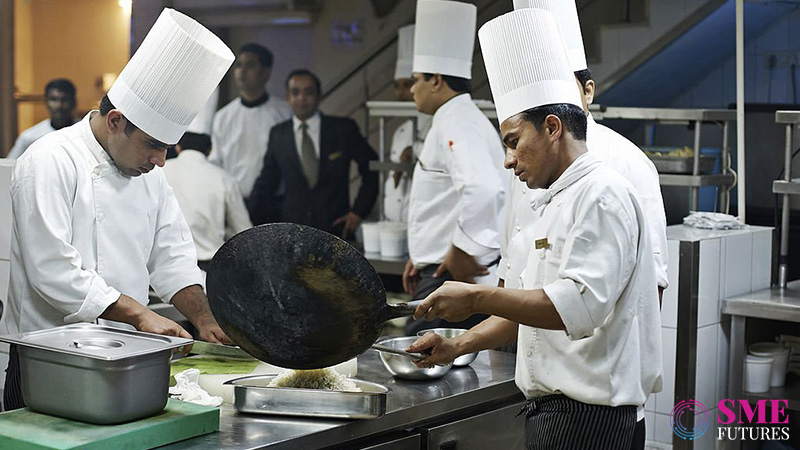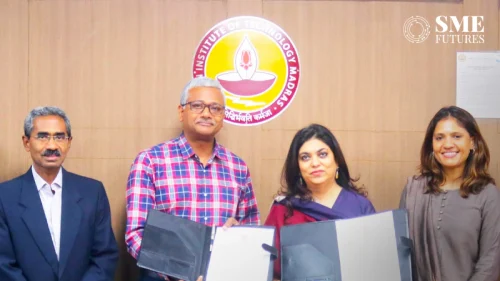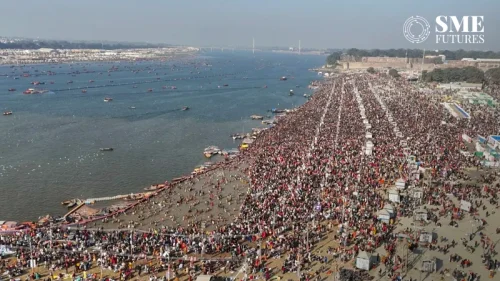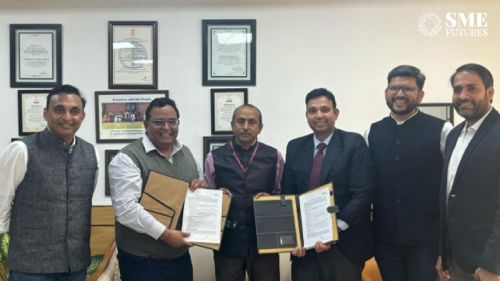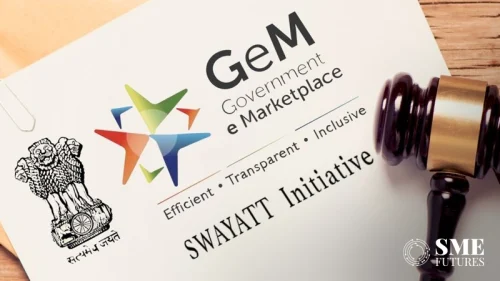Asserting that opening eateries and food hubs is “not enough” to stimulate the night-time economy of Delhi, restaurant owners have said a parallel system must be devised like allowing offices and cinema halls to remain open till late to ensure customer availability. Moreover, they have suggested that the city government must lay out a plan to ensure safety and security at night.
Delhi government announced a raft of measures in the budget for the financial year 2022-23 on 26th March like providing land for cloud kitchens, redeveloping major food hubs and introducing a food-truck policy in the national capital.
The state government also has plans to boost the hospitality sector, including allowing bars in hotels, clubs and restaurants to remain open till late at night under the new excise policy.
Karan Srivastava, a worker at a popular food outlet at Connaught Place, said eateries will only remain open till late if there is a scope for business.
He added that the government must ensure that offices and cinema halls are also allowed to remain open so that customers arrive and food is not wasted.
“It will be a good step as it will generate jobs and help businesses flourish. But I feel everything depends on how effectively it is implemented. Earlier, there was business at night as cinema halls and corporate offices used to remain open till late. But that is not the case now. Opening restaurants will not be enough. Other facilities should also be opened,” Srivastava said.
Madan Taneja, who operates a stall near ITO, said shops will benefit only if customers arrive.
“There are usually not many customers at night. So there is no point keeping shops open till late. If the government allows other establishments such as offices, shopping centres and cinema halls to remain open, then only customers will arrive,” he said.
Restaurant and eatery owners in the capital also said they will need to overhaul the entire structure of their businesses and it will take at least a few months to adjust to the new system.
“We start operating at 6 am and continue till 11:30 pm. If we are permitted to open till late, we will be required to make changes in the way we function. We will need to introduce a shift system, ensure that proper safety equipment is in place and people living in the vicinity are not disturbed,” said Deepak Khattar, the owner of Moolchand Paratha.
Established in 1975, Moolchand Paratha is famous for its delicacies. The restaurant serves food from 7 am till 11:30 pm every day. Khattar said when his father started the business 47 years ago, he used to serve parathas from 8 pm to 4 am.
However, they had to change the business hours as they faced several issues, including those related to safety and security.
“The shop was opened in 1975 by our father Ramlal Subhash Chand Khattar. My father used to operate the shop during the night, from 8 pm to 4 am. But several issues emerged like those related to safety and security. Then we shifted to daytime. Now, our outlet is situated in a residential area, so we have permission to keep it open till 1 am. But as there are issues related to parking, we close it at around 11:30 pm,” Khattar said.
Safety and security are a major concern for people and a proper system should be in place to ensure that there are no law-and-order problems, he added.
“People will come out only if they are sure of their safety and outlets will also remain open if their safety and security is ensured,” Khattar said.
The National Capital Region Planning Board, in its Regional Draft Plan 2041, said the NCR states should encourage the night economy by developing facilities and infrastructure for it, according to an official.
The draft plan said while preparing plans for tourism and visitation, the states can support the growth of the night-time economy by enhancing amenities, vibrancy and safety and by improving public facilities.
Presenting the budget for 2022-23, Sisodia announced that the Arvind Kejriwal government is preparing a policy to allow food trucks to operate at designated places in the city from 8 pm to 2 am.
Citing 2,000 cloud kitchens in the city, the deputy chief minister said these are emerging as a strong part of the restaurant industry and growing at a rate of more than 20 per cent every year.

